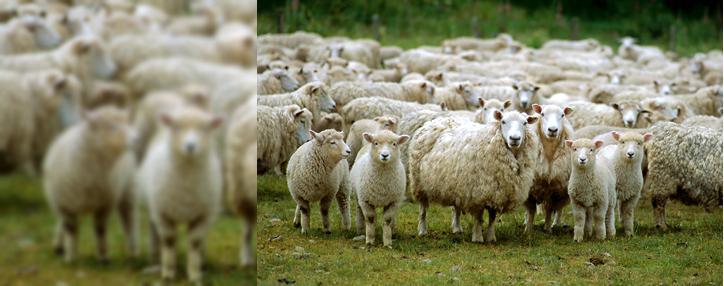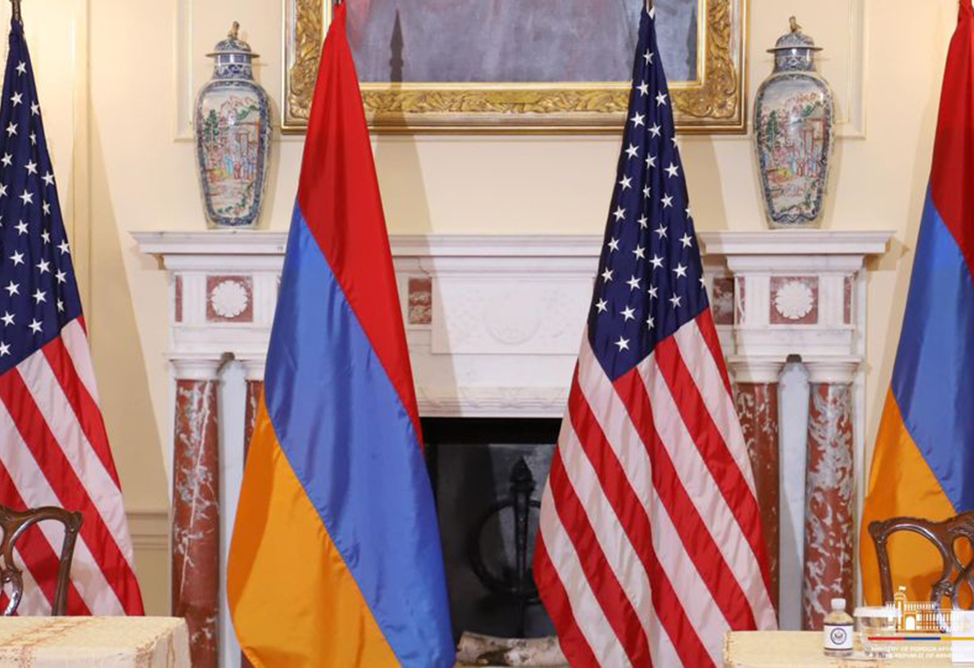Armenia's government approves comprehensive livestock development program

YEREVAN, August 22. /ARKA/. The Armenian government approved an extensive program aimed at stimulating livestock farming in the country on Thursday.
According to Economy Minister Gevorg Papoyan, the program is divided into three sub-programs.
"The first sub-program focuses on the development of sheep and goat farming from 2024 to 2028. Previously, until 2023, there was a similar program with two components, either subsidizing interest on loans for livestock purchases or providing a 23-27% reimbursement to businesses for livestock acquisition costs," Papoyan noted.
The new project proposes increasing the reimbursement rate to 50%. As a result, Armenia expects to import 10,000 high-quality breeding animals, which will be used to enhance the productivity of local breeds. The program anticipates a 20% increase in the number of local sheep, with the weight of each sheep increasing by 15 kg and goats by 7 kg.
"Upon the completion of the program, it is expected that the imported livestock will contribute to an annual increase of approximately 20,000 animals, nearly a 25% rise in sheep and goat farming output, and an additional gross product of around 3.5 billion drams per year. The program requires approximately 1.951 billion drams from the state budget for 2024-2028," Papoyan said.
The second sub-program involves a pilot project aimed at enhancing livestock productivity in four regions of Armenia, namely Gegharkunik, Syunik, Tavush, and Aragatsotn.
"The third sub-program is a pilot initiative focused on the development of beekeeping. This program aims to support the expansion of apiaries across all regions of the country and the creation of new ones. Through 50% cost compensation, up to 40,000 drams will be allocated per bee colony," Papoyan explained.
It is expected that an additional 10,000 bee colonies will be acquired over two years, leading to the production of approximately 300,000 kg of high-quality honey annually. "The implementation of this program in 2025-2026 will require approximately 400 million drams," Papoyan added.



